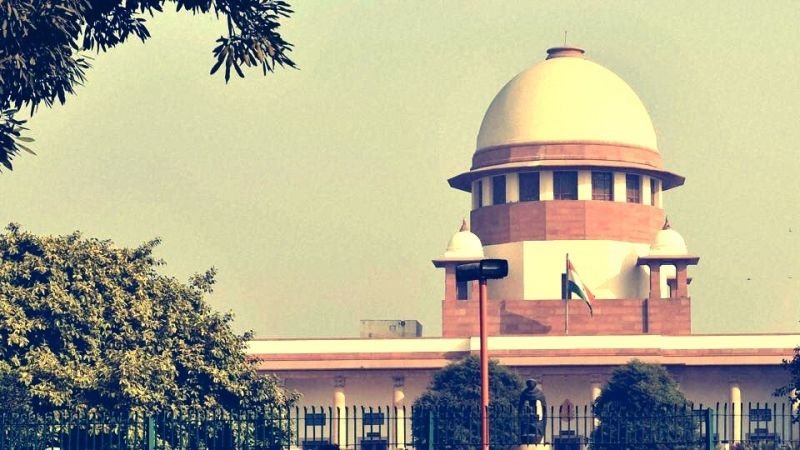
NEW DELHI: In a landmark order, the Supreme Court (SC) of India today permitted passive euthanasia.
The apex court also allowed an individual to draft a living who will be specifying that they not be put on life support if they slip into a not curable coma in the future.
This historical order was passed by a five-judge Constitution bench in which Chief Justice (CJI) Dipak Misra and Justices A K Sikri, A M Khanwilkar, D Y Chandrachud and Ashok Bhushan participated.
However all five judges have given four separate opinions, all of them were agreed that a 'living will' should be permitted because an individual should not be allowed to persist suffering in a “vegetative state” when they don't wish to continue breathing more.
The apex court's verdict has come on a plea looking for legal sanction for passive euthanasia under which a person suffering from a life-threatening disease - and in their last stage of life with no chance of recovery - is permitted to not continue life through an artificial support system.
The term "passive euthanasia" used by the Supreme Court in its verdict on Aruna Shanbaug's case is defined as the taking out of medical treatment with the deliberate intention to hasten a terminally ill patient's death on Mar 7, 2011.